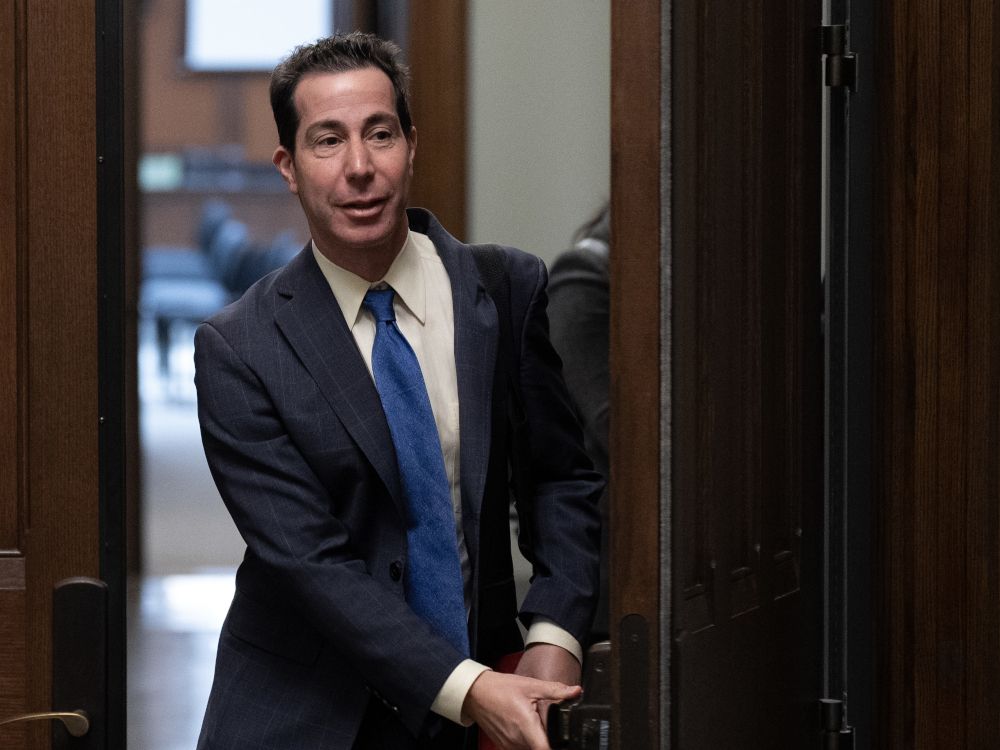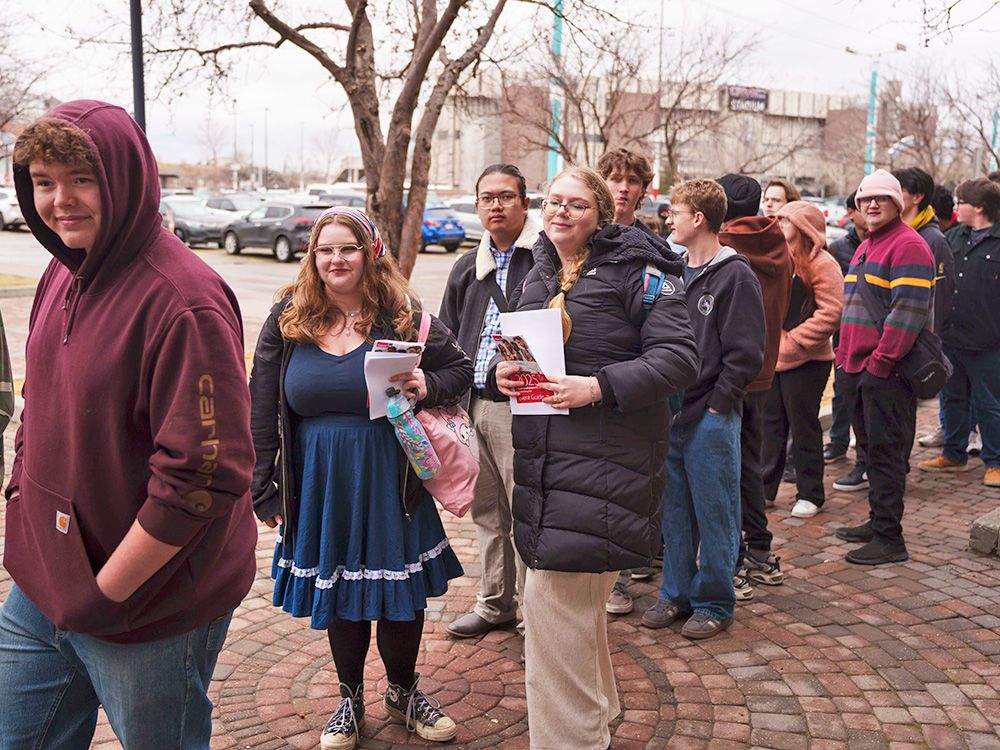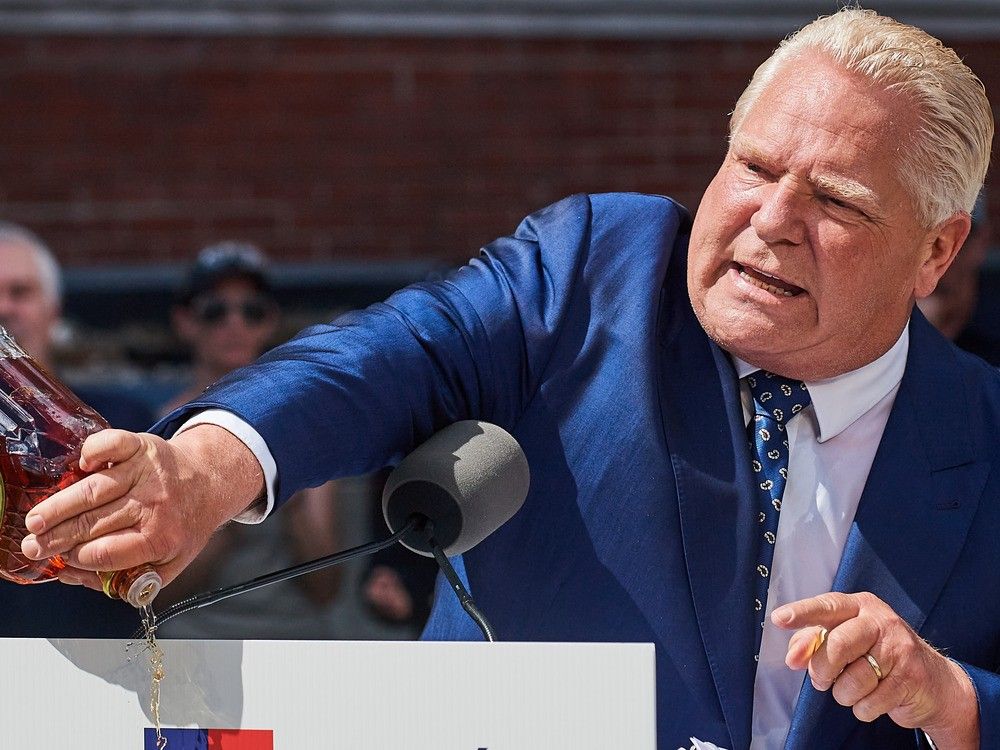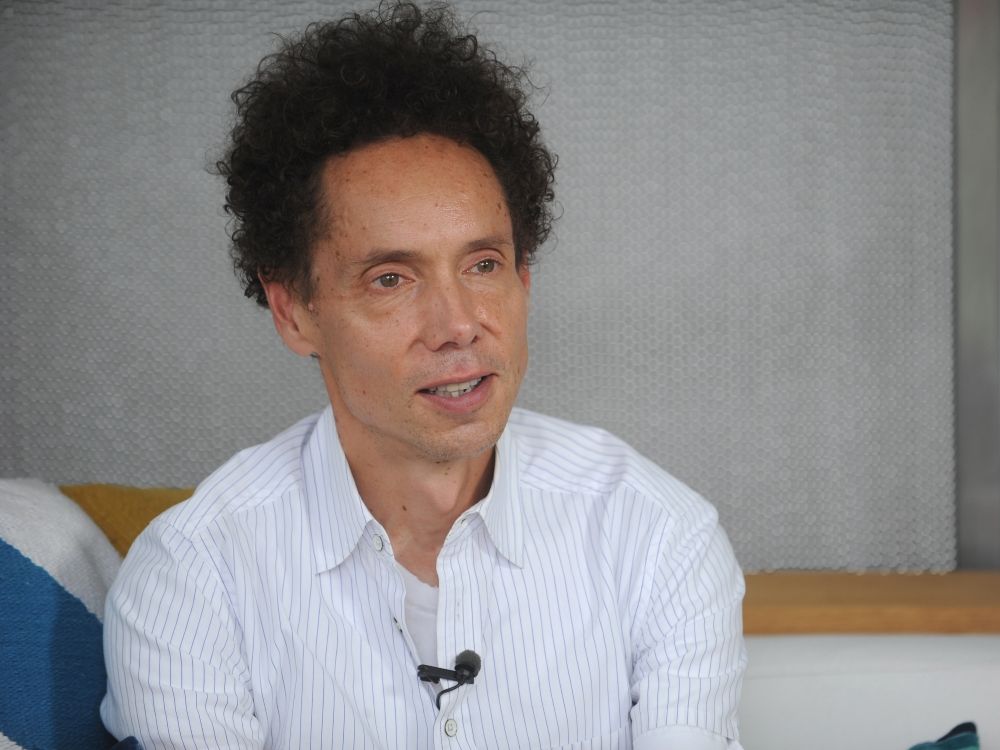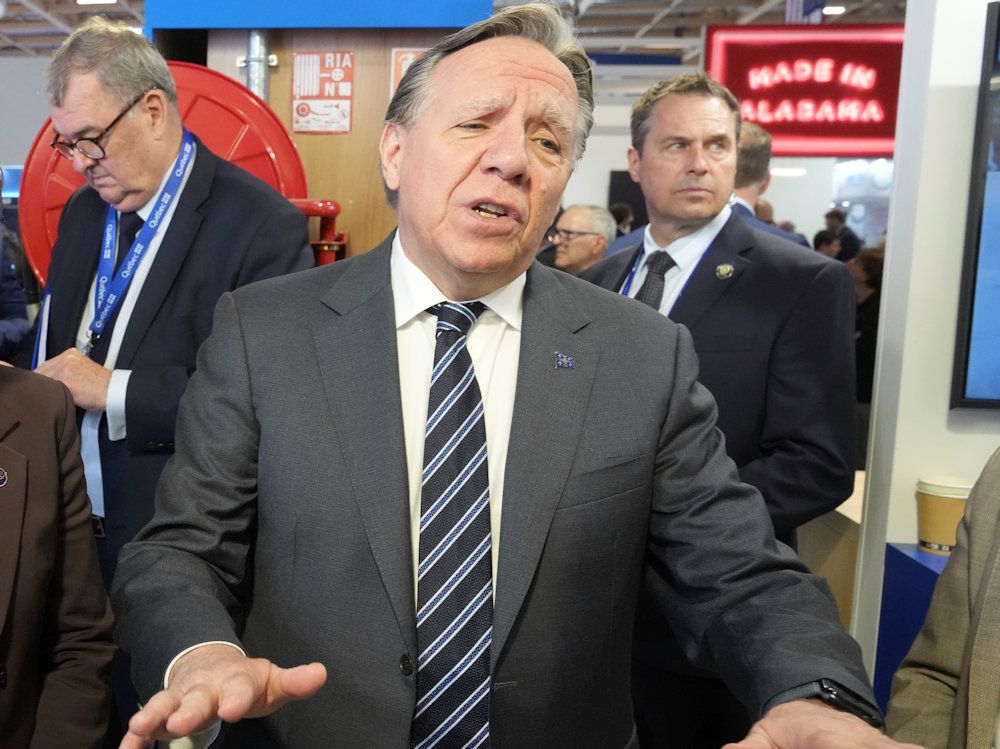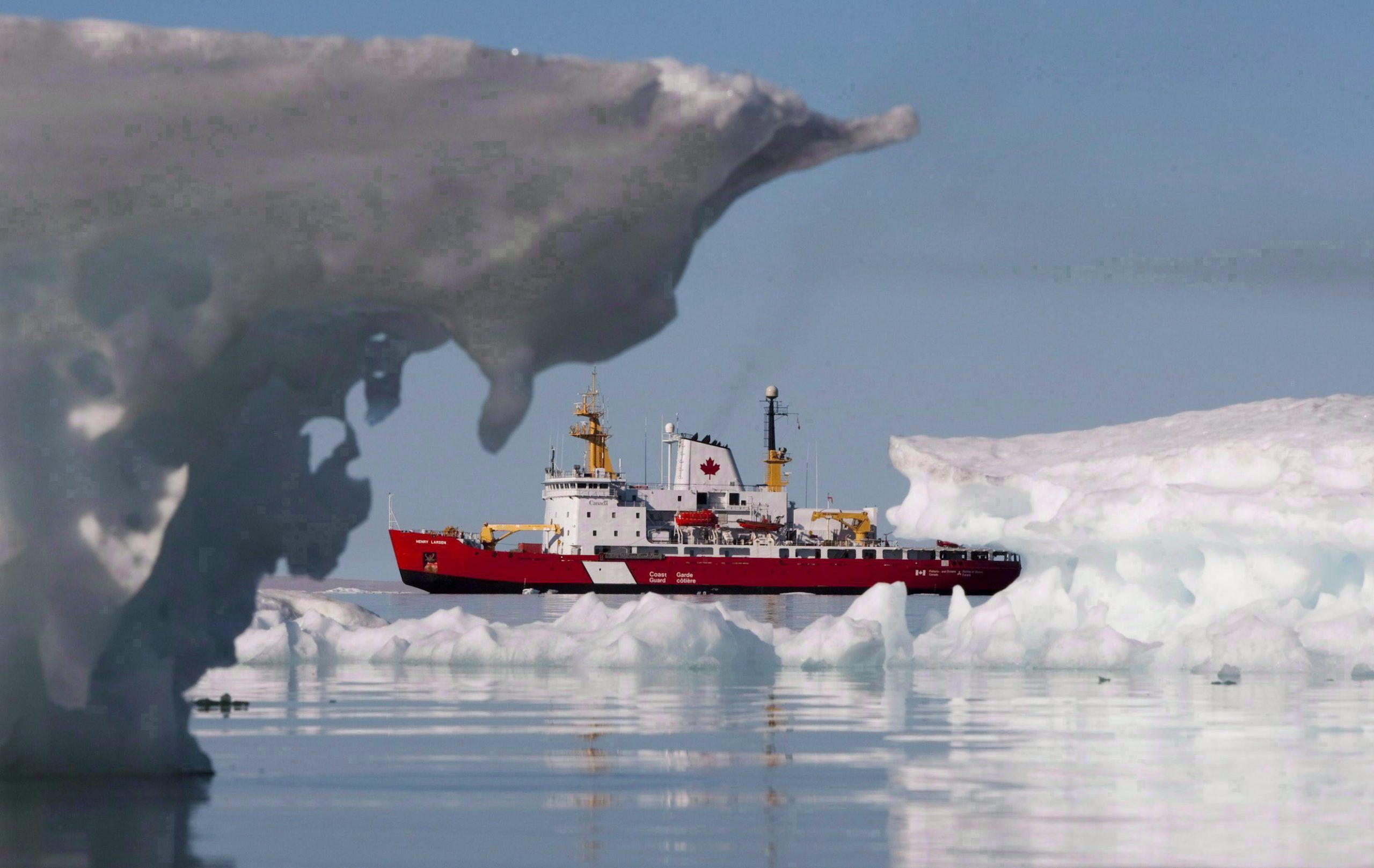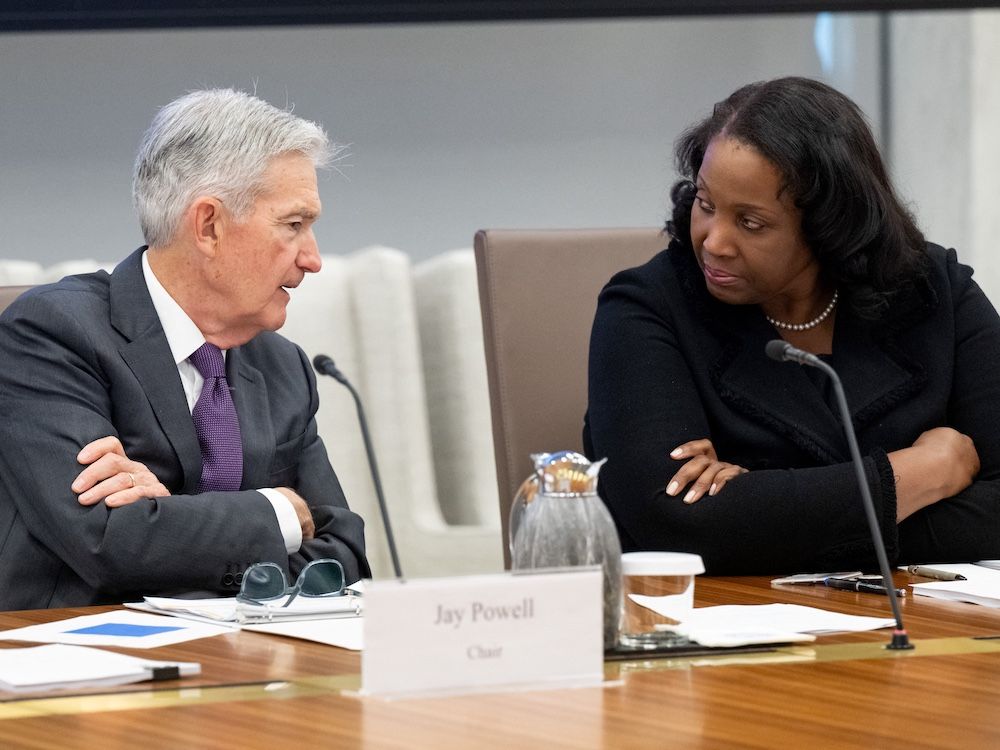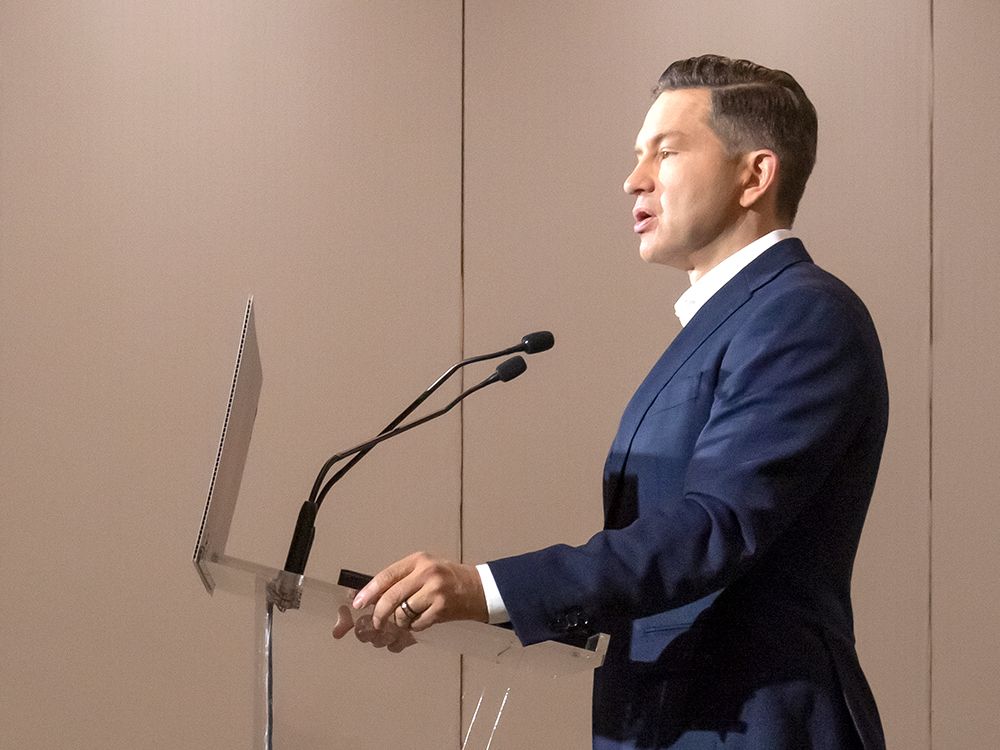
Pierre Poilievre’s call for the Carney government to
permanently scrap the temporary foreign workers program
may well prove to be a winner with voters who agree with the Conservative leader that the Liberals broke the immigration system.
But that doesn’t make it good policy, or even a smart political move in the long run.
Poilievre was accompanied at the announcement by the party’s immigration critic, Michelle Rempel Garner, who is the driving force behind the policy.
She said that young Canadians can’t even think about buying a house or starting a family without a good paying job. Today, they can’t secure those jobs because they can’t find entry-level positions, even with a university degree. Those of us who are parents of young people struggling to launch are all too aware of the cold reality of a
youth unemployment rate of around 15 per cent
.
Rempel Garner said the social contract has been broken and part of the blame lies with the temporary foreign workers program, which has foreigners competing with Canadians for entry-level jobs. The majority of those positions are on farms, in restaurants and in homes as child-care providers. But as the government’s own statistics show, permits are issued for jobs as diverse as graphic designers and comedians.
Poilievre took up the case from there, pointing out that what he calls “generation screwed” is the first generation of Canadians that can’t afford a house.
He said the Liberals brought in “too many (workers), too fast,” and he’s not wrong. After the pandemic, with the job vacancy rate heading towards one million, the government panicked and opened the floodgates by creating a parallel immigration system of temporary workers and international students. Then immigration minister
Sean Fraser ignored warnings by his own department
that allowing a tsunami of foreign students into the country, and allowing them to work off-campus, would lead to “program integrity” concerns.
Instead, he listened to employers who warned that the economy would seize up without hundreds of thousands of new workers.
In the event, the number of temporary workers increased 88 per cent and the number of international students by 126 per cent between 2019 and 2023. Work-permit–holder numbers rose to 1.58 million, or nearly seven per cent of the workforce.
The changes created a large pool of cheap labour: the Immigration Department’s own figures suggested that 80 per cent of international students were working more than 20 hours a week.
But, as the government was all too aware, the newcomers would be competing with Canadians for work once the economy cooled.
A
paper prepared for the Department of Employment and Social Development in 2023
, concluded that there was a negative correlation between the number of temporary workers employed and the annual earnings of Canadians employed in the same firm at the lowest levels. Not only that, but the number of temporary workers correlated with higher earnings for Canadian workers at the upper end of the firm’s earnings ladder. In other words, it was no wonder employers and bosses wanted more temporary workers: it made them richer.
The public intuited that the government had broken the system, undermining a remarkable consensus in favour of mass immigration.
A Leger poll for the Association of Canadian Studies last December
concluded that 65 per cent of voters believed Canada was accepting too many legal immigrants, up from just 35 per cent in March 2019.
The Liberals belatedly realized that they’d screwed up, and
reduced targets of temporary workers
to 82,000 a year and foreign students to 286,000 this year and 128,7000 next.
New restrictions ended the policy of allowing visitors to apply for a work permit while in Canada; restricted the work eligibility of spouses; and, brought in new rules that aligned post-graduation work permits to market needs. The goal remains to reduce the number of temporary–work-permit holders to five per cent of the workforce by the end of next year.
But as
then immigration minister Marc Miller admitted last year
: “We didn’t turn the taps down fast enough.”
Poilievre is likely aligned with Canadian public opinion in his criticism of Tim Hortons for increasing its use of temporary workers by 1,135 per cent in the last four years. (Tims said that less than five per cent of its workers are hired through the program, “generally in small towns and communities where local candidates are not available.” Still, that’s around 5,000 jobs.)
“The principle is very simple: Canadian jobs for Canadian workers,” Poilievre said this week. “Temporary foreign workers are not bad people — they are being taken advantage of by Liberal corporate elites who want to drive down wages. The time has come for decisive action.”
But while he has correctly identified the disease, it is less clear he has found the cure.
The Conservative plan would create a standalone program for seasonal agricultural workers and the food processing industry.
But ending the issuance of new permits cold turkey is likely to result in a completely different set of unintended consequences than the ill-advised policy that caused the problem in the first place.
The program should return to its original intent of allowing firms to hire foreign workers when qualified Canadians are not available, gradually reducing the number of temporary foreign workers as a share of the low-skill workforce.
That is what the Liberal reforms are trying to do, although as Poilievre pointed out, it looks like the government won’t hit its target in 2025.
However, a hard stop to the program is likely to give labour markets whiplash.
From a political perspective, it’s not an obvious win for Poilievre, even if the public is sympathetic to the intent.
His critics cite this as another example of him fighting the culture wars. That’s unfair: he was clear he was not demonizing foreign workers or regular immigrants.
But it is undoubtedly a hardening of the party’s position from the 2025 platform, which talked about dramatically reducing the number of temporary foreign workers and international students.
Poilievre seems to be more concerned about his leadership review in January than winning votes from people who didn’t vote for him last time.
This — and other immigration-reform positions to come — are Rempel Garner’s work and it should have been her show. There are many able Conservative MPs who have been reduced to bobbleheads by the leader and that must change.
Scrapping the temporary foreign worker program is a valid, if misguided, response to the crisis in youth unemployment.
But the risk for Poilievre is that he’s shrinking, not expanding, his pool of available voters.
National Post




